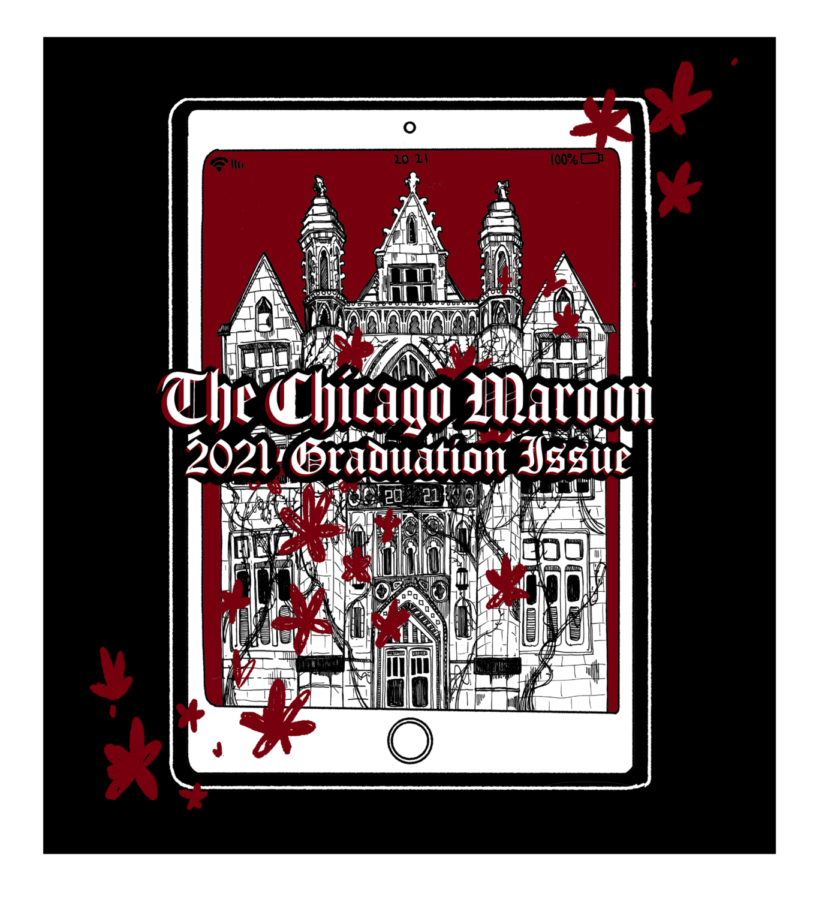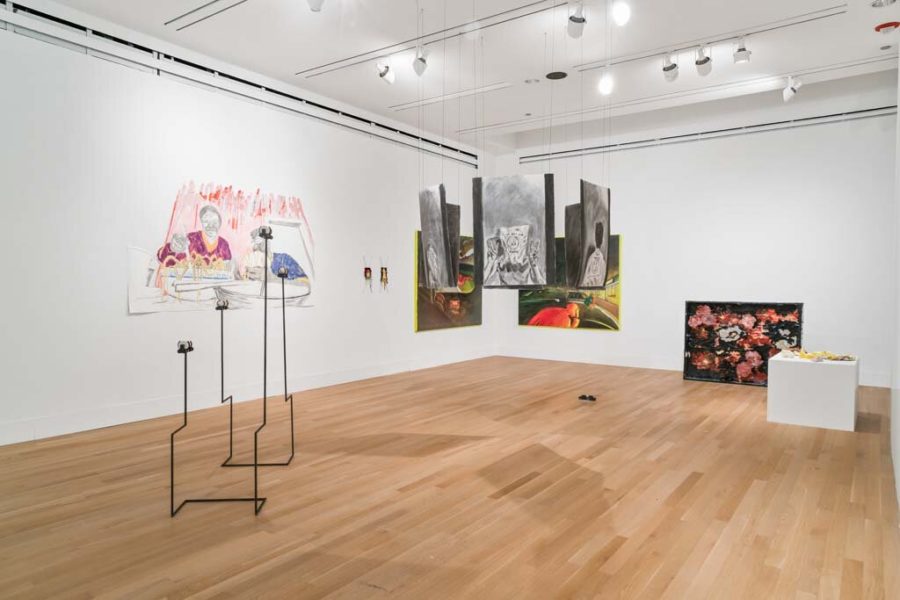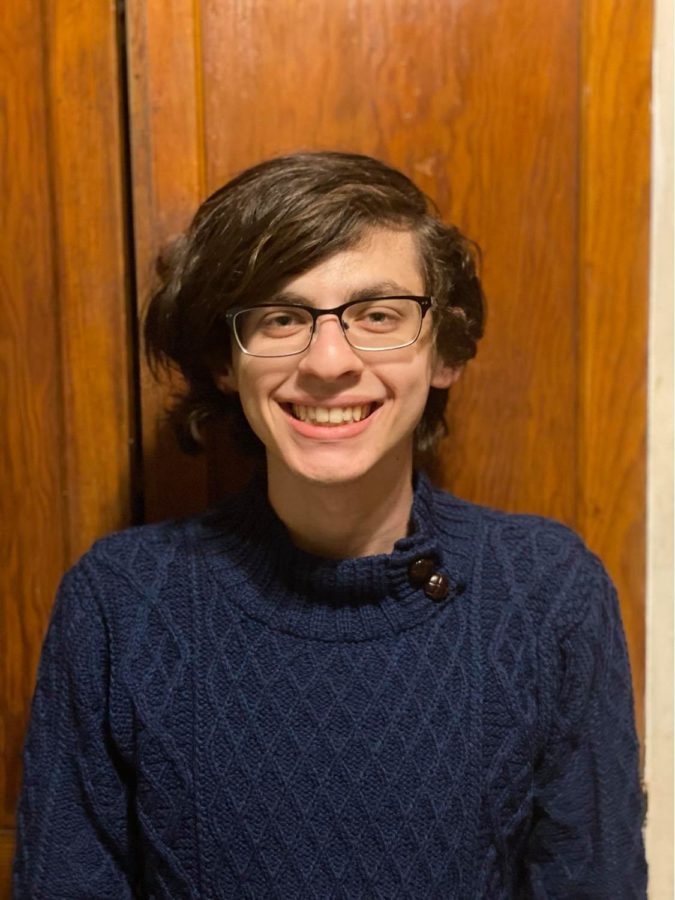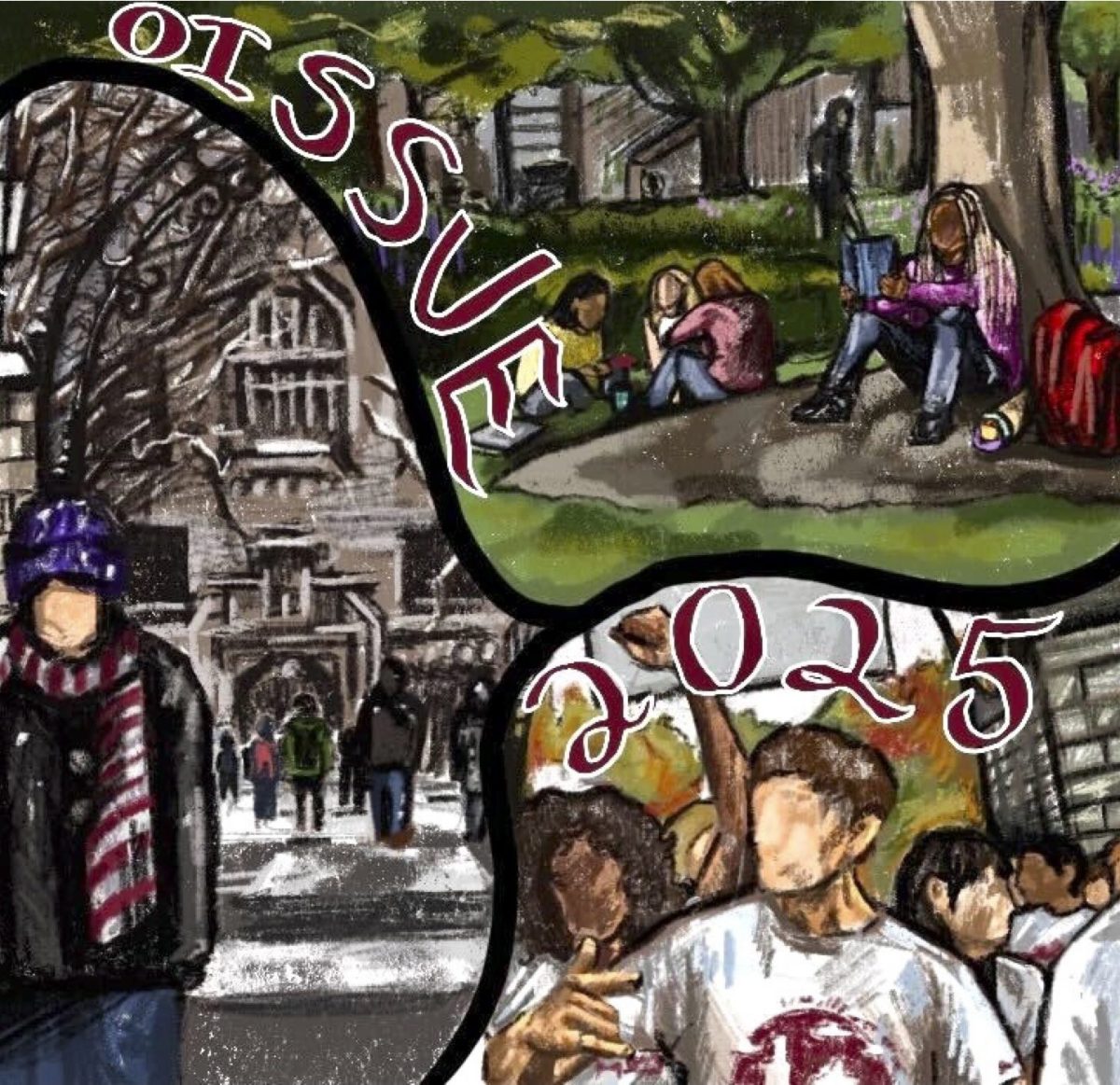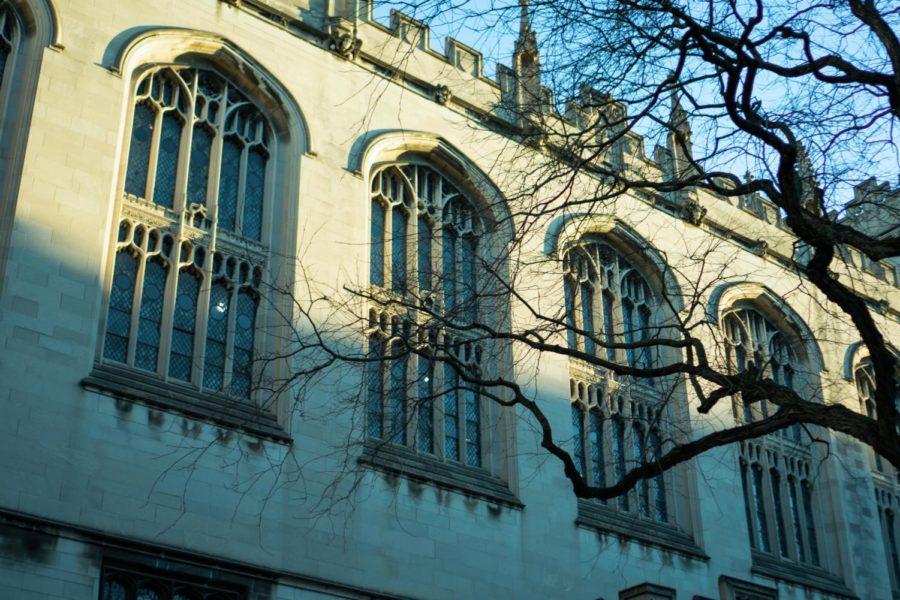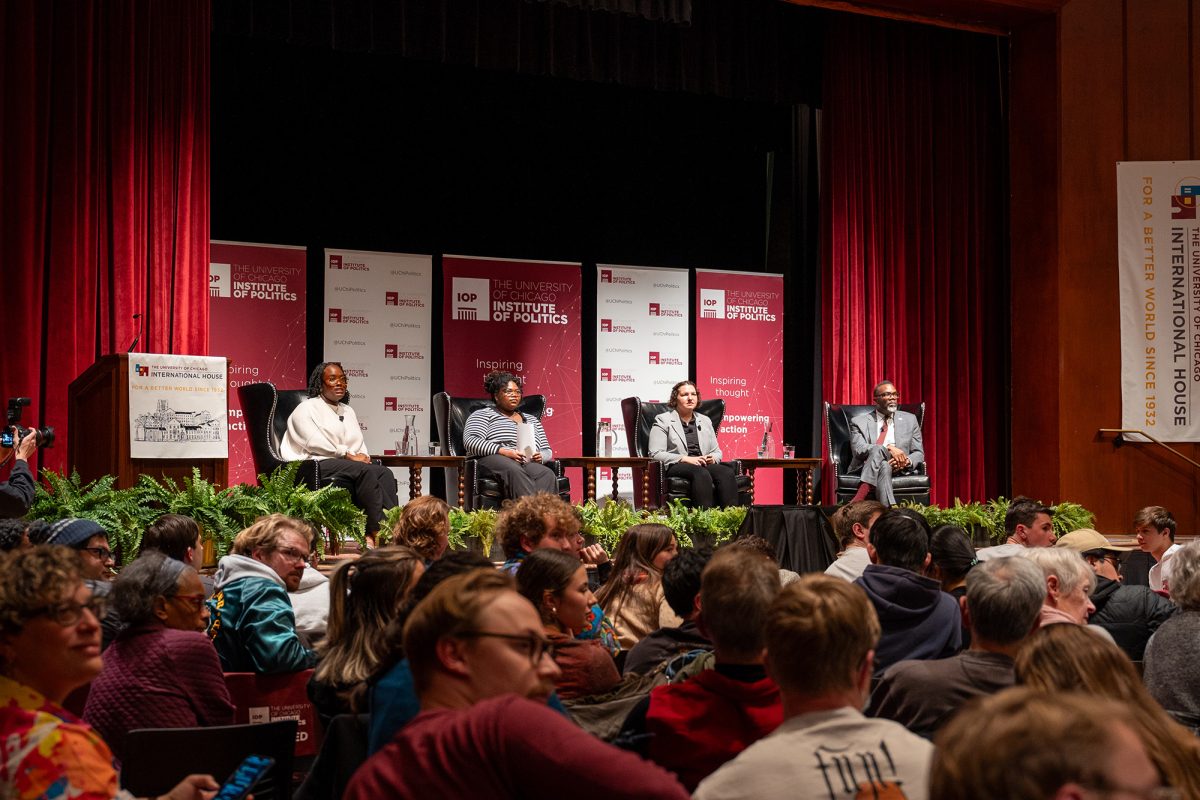What ties together my time at the University of Chicago? I’ve been thinking over that question a lot as I crawl, in denial, towards the end of my undergraduate years here. But it’s tough to unify an experience that was shattered in two so dramatically for me and so many others. I mean, lots of people joke about the “before times” nowadays—the days before COVID-19. “Remember when we went to restaurants?” we laugh. “Who else misses falling asleep in class?” we ask. Then we adjust our headphones and sit up straight as we click the button in Google Chrome that opens Zoom. We crossed the point of no return over a year ago, and this is just the world now.
But when I look back, my time at UChicago feels irrevocably bifurcated between the before and the after times. Not evenly—the pandemic erupted during my third-year spring—but still very much divided. I think of late nights in the Reg, working on papers and glancing up too often from the workspace tables to see if I’d spot any other familiar faces. Or looking around the crowded Hillel social hall on Friday night, trying to find a seat for the Shabbat dinner and hoping I won’t miss all the food. Or rushing around campus to report on a Maroon story, then winding my way through the labyrinth (of Ida Noyes’s basement) to the newspaper office so I could work on a story or an editing shift with my colleagues and friends. It’s all memories now. Sometimes it feels ephemeral, as if none of it ever happened. As if it was all some sort of pleasant dream.
If it was, then we all awakened into a nightmare in the “after” times. I remember struggling to adjust to Zoom classes, the breakout rooms and awkwardness of being on camera exacerbating my anxiety after I had just begun to address it. Pretending that my home’s living room was “the quad” even though I wondered if I’d ever walk across those stone paths as a student again. Coordinating Maroon articles and editing over Slack, without the comfort of in-person camaraderie and advice. With the entire world roiling in the background in a way none of us had ever experienced.
How do I tie this all together? There’s no neat answer.
But for some reason, the thread that I feel binds these two epochs of my UChicago time together, however messily, is kindness.
During the “before times,” I often found myself submerged, not only under the workload of my Core and major classes but under expectations and demands from communities I joined early on. That included the Yavneh Modern Orthodox Jewish community, as I committed to coming to daily prayers and realized that I had forgotten how to easily wake up early. It included The Maroon, where I committed to articles without realizing how arduous the reporting process could be. And it included being a part of a broader campus community often wracked by drama, or sadness, or disarray.
Thanks to the kindness of others, though, I made it through. The friends I made here, for instance, were always interested and excited to hear me talk about keeping Kosher and Shabbat—never judgmental or dismissive. A professor opened a class soon after a student’s death, reminding us that our mental health and time to grieve was more important than any Core book. Many of my housemates showed up and cheered me on as I stammered through a fundraising auction in the lounge. And upperclassmen were willing to give me tough love on an essay draft or encouragement during periods where I felt utterly burnt out.
And then came the after times, after the pandemic began. “The University of Chicago Online,” I joked with friends. But the novelty of Zoom School wore off after a few minutes, and each day I confronted the new world and its reality anew. Yet, once again, sparks of kindness: Professors lessened our workloads and sent condolences after a death in the family. UChicago friends stayed connected through Facebook and Instagram, and they made time to listen to me over the phone when I needed to talk to someone. Classmates tried to interrupt the silence in Zoom breakout rooms, and I found joy and laughter in the off-the-cuff conversations that resulted. And whether I was at home or in Hyde Park, seeing the many mutual aid efforts focused on the campus and broader community inspired me to see the brighter side of things. (I didn’t engage much with UChicago Mutual Aid formally besides for some Facebook posts, but I hope what I occasionally wrote at least helped someone out—and I’m grateful for all of the advice people gave me through that page. Turns out kindness still exists in Facebook groups.)
Since this essay is in The Maroon, I’ll also share this: the Maroon staff has shown me tremendous kindness as well during both the before and after times. During the before times—and I say this without wanting to dredge up too many difficult memories—when challenging editing questions or ethical quandaries came up at the paper, I always had fellow reporters and editors there to talk things out with. During COVID-19, when my grandfather became ill from the virus, my fellow editors understood when I admitted that I’d have to take a step back from my editing duties, or when my grandfather passed away and I knew I’d have to leave The Maroon for a while. Instead, they sent me messages of love and support, reminding me that as much as I valued the paper, the paper and its staff also valued me.
Maybe I’m looking at my time at UChicago with too much nostalgia. Maroon-colored glasses, if you will. I’ve had tremendously difficult times over the past four years, and there’s much that I wish had gone differently. Or that I had done differently.
At the same time, we’ve been through over a year of crisis. It’s often been challenging to find hope and optimism when late nights in the Reg or meetups at Hallowed Grounds now just feel like fleeting dreams, and Zoom School is staring me right in the eyes. But I want to find the bright side of things wherever I can. And, for me, that means finding the thread of kindness that ties together my entire UChicago experience.
Writing this column is just a small way of saying thank you.
Oren Oppenheim is a fourth-year in the College. He wrote and edited for The Maroon from 2017 to 2020.



